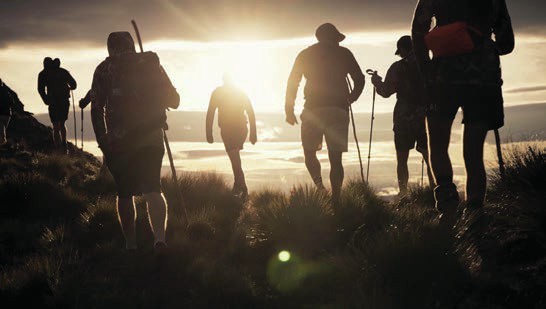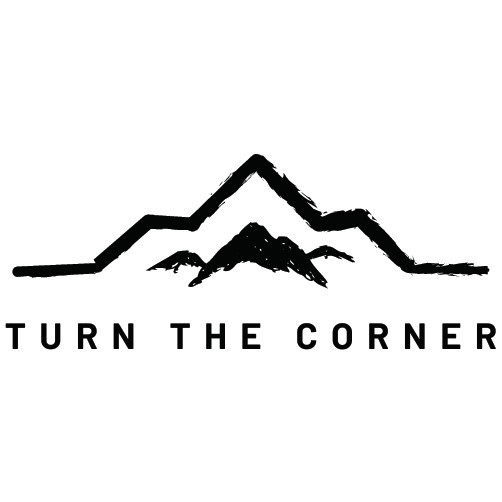Mental Health Chat
Part 2: Mental Health First Aid
In Part Two of our Mental Health Chat series, we have an insight from mental health leader and advocate, Glen Thurston. Earlier this year, Glen completed 53 summits of Corner Peak (1683m above sea level) in 53 days to highlight and protest the average yearly number of suicides in the New Zealand construction Industry.

“I’m so over it!”
“I don’t think I can go another day.”
“Life is just too hard.”
Theoretically speaking, If I was to say this to you, would you know what to do? Or, more commonly, if I didn’t say it out loud but was thinking it, would you know the signs to look for?
In the construction industry, on average we are losing one person per week to suicide. Mental illness is killing six times more people than workplace accidents, and yet we are still so far behind in our mental health education and training. It’s time that we all stepped up and started to prioritise mental health in our health and safety plans – including education, training, and inductions.
We all have a ‘Workplace First Aid’ certificate. Why? So that if someone hurts themselves at work, we will have sufficient knowledge to deliver first aid and look after them until professionals arrive. It’s just what you do; it’s part of our responsibility to our fellow human beings.
Well, mental health is the same.
I don’t believe anyone has the right to complain about suicide statistics, or what the government “should” or “shouldn’t” be doing if they are not doing anything to educate themselves first. It would be like complaining about the road toll but still driving intoxicated every time you got in your car. A little hypocritical, don’t you think? Each and every one of us has a role to play. Be the change you wish to see.
At present, there are loads of free training seminars throughout the country that will teach you how to support someone going through a mental health crisis. You are not expected to ‘fix’ people in mental distress or have all the answers for them – just being able to notice the signs, ask questions, listen to them, and help get them the professional support they need is often enough.
We are very lucky in our industry to have Mates in Construction educating tradies throughout Aotearoa, but that is only as good as the few who get trained. If every single person on-site had some form of mental health training (just like first aid) I am convinced we would be able to reduce the suicide rate – not only in our industry but across the country.
The low death rate from workplace accidents on construction sites is no coincidence. It is low because of the huge amount of training, education, and investment around Health and Safety.
It’s time to do the same for mental health and normalise it as a workplace conversation in New Zealand.
